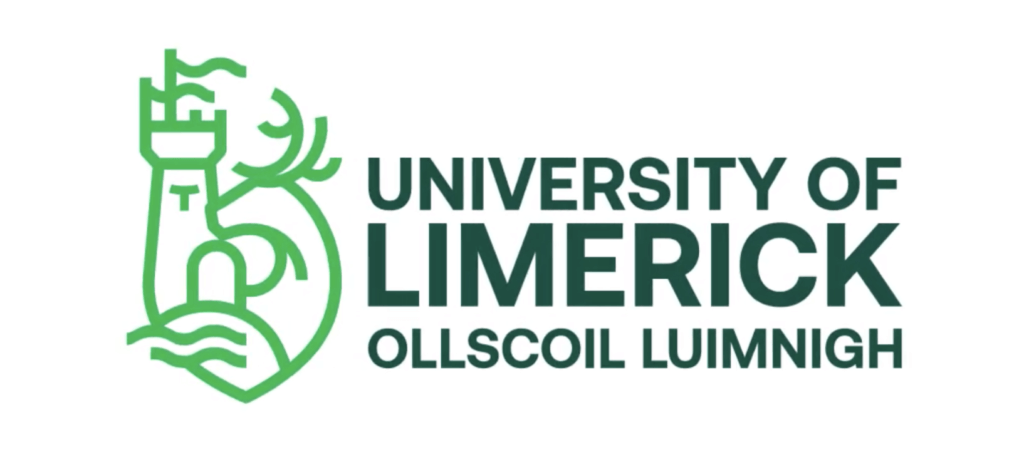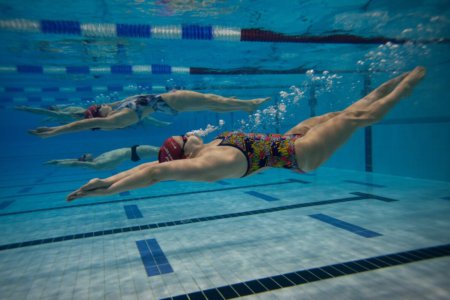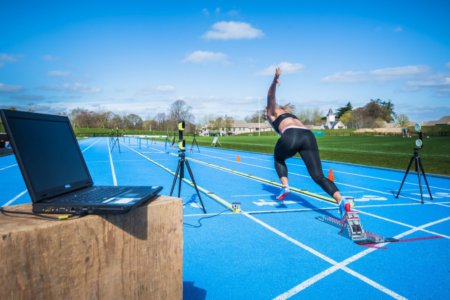The Physical Education and Sport Sciences programmes at the University of Limerick’s Faculty of Education and Health Sciences attract postgraduates of different ages, nationalities, and expertise. They are coaches seeking science-based experience, performance specialists sharpening their skills, and athletes ready to give back. Most importantly, they are professionals with trained minds and collaborative spirits — which creates a unique environment at Ireland’s leading university.
These are their stories.
Learn to coach, coach to learn
As the manager of Ireland’s Under-21 football team, Jim Crawford wants to delve deeper into why he does what he does. That’s why he enrolled in the MSc Applied Sports Coaching. “To get the science behind coaching has been a real eye opener for me and the programme has surpassed all expectations already,” he testifies.
Despite initial apprehension due to his years away from formal education, Crawford has settled nicely into the programme since starting in September 2020. “I was quickly made comfortable by the open door policy that the leaders encourage. All questions and queries are promptly answered so you are never in a position of uncertainty,” he shares.
His upskilling journey also involves challenging (and being challenged by) various ideas with his peers, each respected coaches in their own right. Additionally, assessments allow him to drill deeper into his own coaching practices. The best part? He can immediately practise all he learns in international football camps.
Your own coaching forms the basis of the curriculum in this two-year, part-time programme. Dissection, research, and discourse will allow you to unlock best practices and concurrently apply them in your own career.
Unlock potential with psychology
Rugby coach Greig Oliver from Scotland decided on the MSc Sport, Exercise and Performance Psychology after considering coaching, sports science, and sports performance courses from around the world. “Coming from a coaching background, the programme included a significant amount of practical application; this applied element was the significant difference from other courses I had looked at,” he says. “Each semester threw out practical ideas, allowing each of us to analyse, make adjustments, reaffirm, and deliver presentations on many subjects which were useful in day-to-day practice.”
Oliver found a truly rewarding learning experience at the University of Limerick in 2019. From staff and faculty support to peer respect and insight, he praises each aspect of the experience till this day. “It challenged me in what I do in my coaching role: how I interact, how I deliver, and how I can keep challenging myself,” he says.
The full-time MSc Sport, Exercise and Performance Psychology encourages professionals to dive into the psychological principles of sports science over the course of one year. You will therefore develop the knowledge to enhance wellbeing and optimise performance in the world of high-performance sports. It’s safe to say this pioneering programme will confidently launch you into your next phase, wherever that may be.

Source: University of Limerick, Faculty of Education & Health Sciences
Dive deeper into sports science
For many athletes, exploring various sports science pathways comes naturally after hanging up their boots. Take former Munster Rugby player Cathal Sheridan, who enrolled in the
MSc Sports Performance to unleash the next chapter of his career. Since graduating from the programme with distinction, he has been exploring a career as a sports psychologist with his old team.
“I gained a wide variety of knowledge including how to monitor and measure performance parameters for different athletes with sport-specific demands. This enables me to develop science-based interventions for individuals and teams alike,” he shares. “The work placement opportunity was also an invaluable experience for me as I got to work in a professional rugby organisation in Ireland.”
It is the same programme that allowed graduate Vivek Plakkoke to explore all aspects of sports science in a high-performance environment. “The programme’s holistic composition is similar to that of a sports science team that would provide its services to improve athletic performance,” he relates. Combining his lessons and experiences from this “promising yet gruelling” curriculum, Plakkoke is now an athletic performance coach to professional footballers, cricketeers, and track and field athletes in India.
The MSc Sports Performance is offered in full-time or part-time mode, over one or two years respectively. It is perfect for sports science degree holders or athletes with significant achievements in their chosen sport. By exploring the factors behind sports performance, you will effectively unlock new ways to achieve individual and team goals.

Source: University of Limerick, Faculty of Education & Health Sciences
Take the leap at the University of Limerick
The Faculty of Education and Health Sciences is continuously updating and adapting to new industry demands. Its latest MSc Mental Skills and Mental Health in Sports and Exercise, for example, addresses the importance of mental health and wellbeing in sports. From motor cognition and skill acquisition to professional issues and ethics, you will learn to optimise human thought and behaviour in enhancing physical performance. Unique in design and diverse in application, this full-time, one-year programme is already ranked among the QS Top 100 sports programmes worldwide.
As a complement to the stellar content of these programmes, MSc candidates find great support in lecturers, advisors, peers, and campus amenities. Graduate Narasimhan Asuri Krishnan from India describes the university’s teaching staff and library as “mammoths of knowledge and resources.””I had a very superficial knowledge of things, but having spent hours in classrooms, labs, and in the library, I was able to understand the ‘why’ behind things a lot more clearly. It helped me understand science and, more importantly, question it,” he says.
This culture of positivity extends to remote learning too. “The pandemic has presented a challenge where sometimes you feel isolated, but my peers run a weekly informal meeting via Microsoft Teams where you can ask questions in relation to the assessments,” Crawford shares. Inclusivity and respect clearly underscore the learning experience at this faculty — and that’s what makes it memorable.
Curious to know more and level up in your own sports science career? Check out the official website.
Follow the University of Limerick on Facebook, Twitter, Instagram, YouTube, Snapchat and LinkedIn













